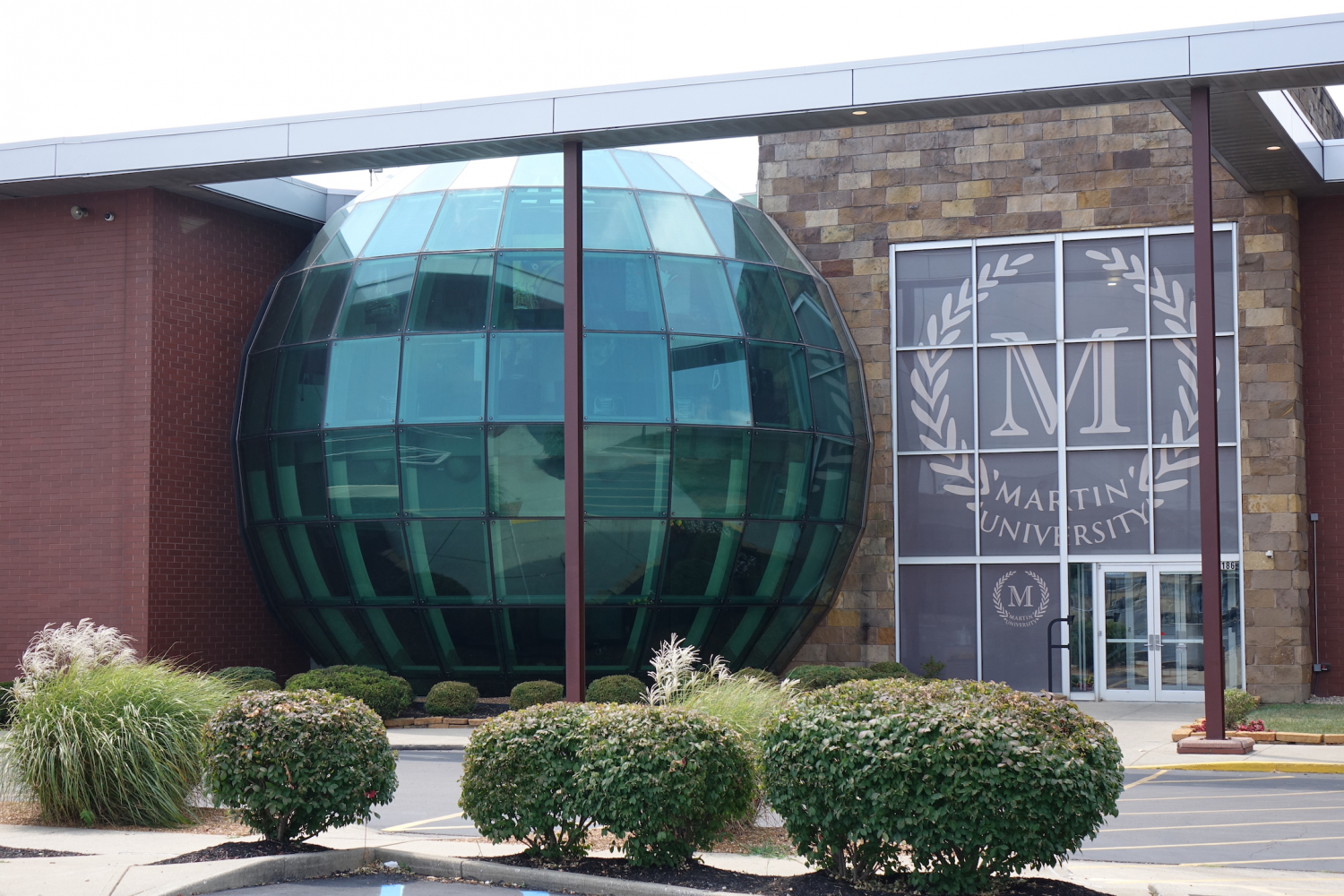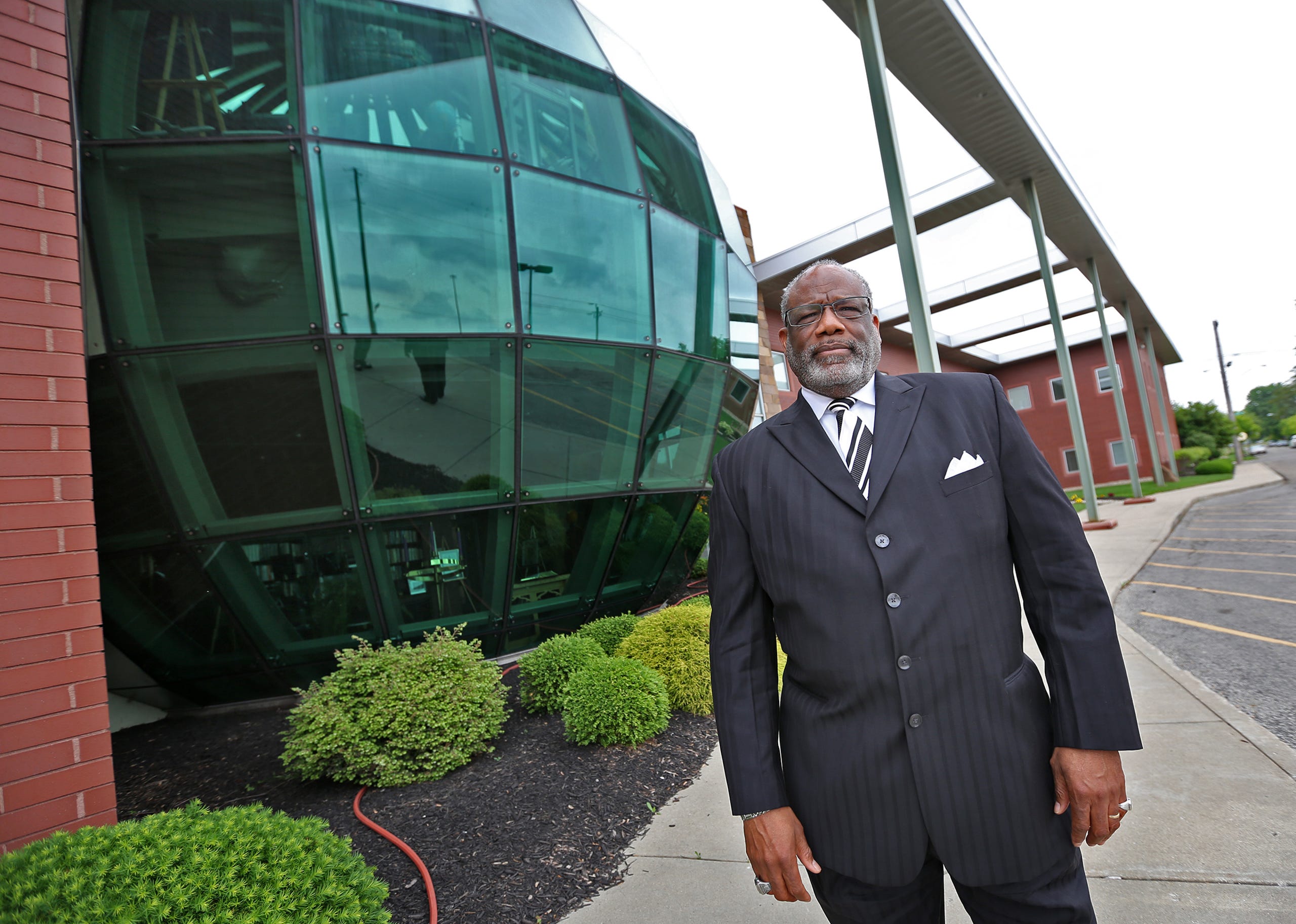In 1977, Father and Sister Jane Schilling opened Martin Center College, located at 2186 Sherman Drive. An offshoot of Martin Center (later known as ), the school was named in honor of Dr. Martin Luther King Jr. and St. Martin de Porres, the first Black saint from the Americas. Martin Center College was accredited by the State of Indiana in 1979.

Originally located at Martin Center’s 35th and College Avenue address, the school separated from the human services agency and moved into the former St. Francis de Sales Church in the neighborhood in 1987. That same year, Martin Center College received accreditation from the Higher Learning Commission (previously known as the North Central Association of Colleges and Schools).
A satellite campus of Martin Center College opened inside the in 1988. Known as the Lady Elizabeth campus, it offered prisoners the opportunity to take college-level courses leading to bachelor’s degrees. The school’s partnership with the prison lasted 15 years.

In 1990, Martin Center College became Martin University. Following this name change, the number of students, faculty, and staff increased, which necessitated more learning space. With funding from the newly constructed Martin University Educational Center opened in 2001.
In 2007, Father Hardin retired from his 30-year position as the university’s president. Sister Jane Schilling, who held various administrative roles during her 30-year tenure, retired the same year.
Since its founding, Martin University has focused on serving nontraditional students—low-income, minority, and adult learners. Such groups historically have had a harder time gaining access to higher education. With a majority African American student body, the university is the only predominantly Black institution (PBI) in Indiana.
By 2020, Martin University offered nine undergraduate programs and two graduate programs. Bachelor’s degrees are available in addiction counseling, applied sciences, business administration, criminal justice, early childhood education, liberal arts, psychology, religious studies, and teacher education. Master’s degrees are available in community psychology and urban ministry.

Help improve this entry
Contribute information, offer corrections, suggest images.
You can also recommend new entries related to this topic.